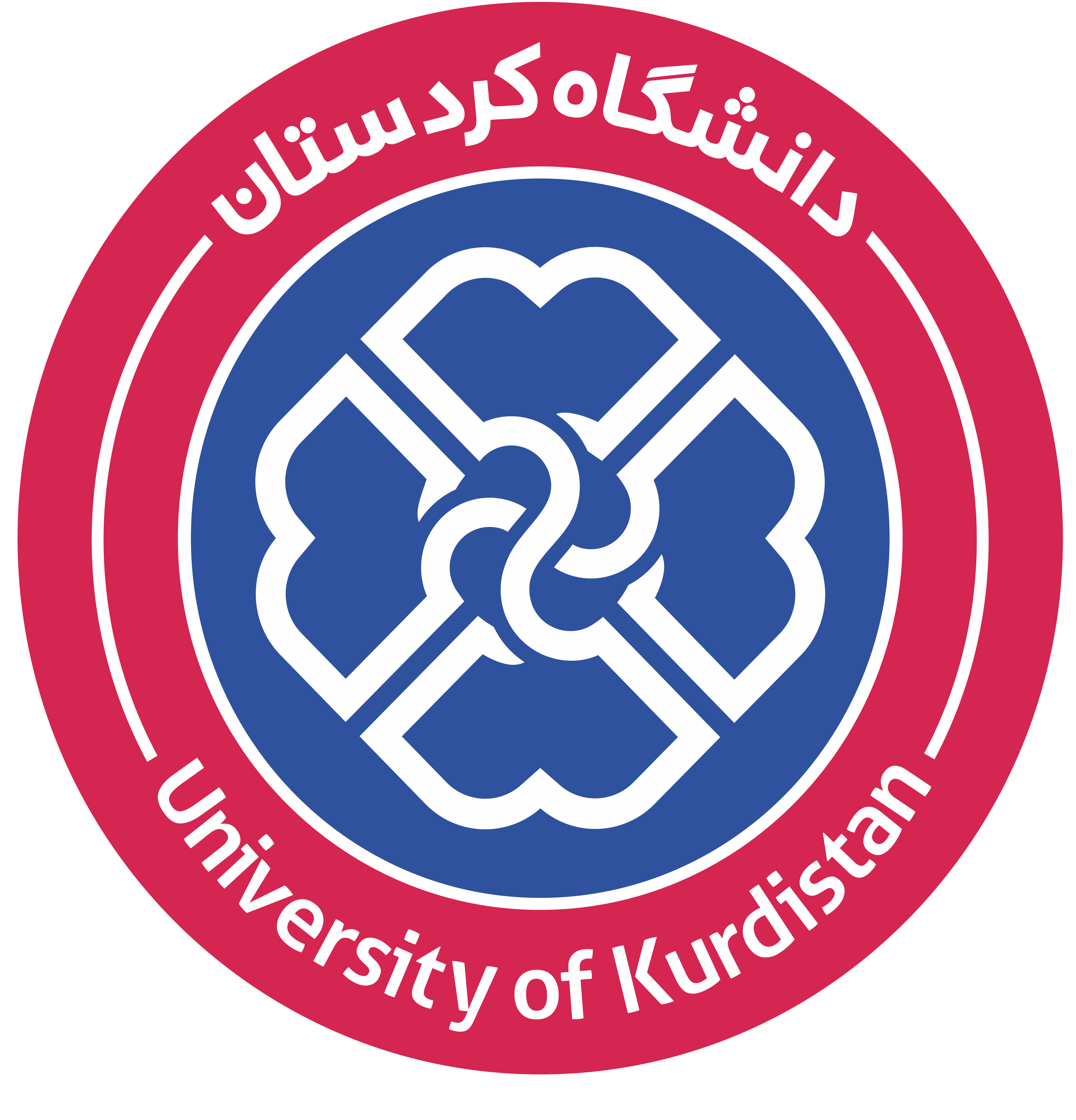
Research Areas of the Biosystems Department
The Department of Soil Science and Engineering at the University of Kurdistan, leveraging its specialized and active faculty members across various domains, pursues extensive research activities in both classic and contemporary fields of soil science. The department's research is directed not only toward a deeper understanding of soil properties and their optimal utilization but also toward addressing environmental challenges, enhancing agricultural productivity, and conserving the nation's natural resources.
A fundamental research axis within the department is the study, classification, mapping, and evaluation of soils. This includes investigations into the genesis, evolution, and structure of soils in different regions of Iran, analysis of their physical and mineralogical characteristics, and the creation of digital soil maps. Special emphasis is placed on spatial soil modeling and the utilization of environmental data.
Soil physics constitutes another significant area of research. This field examines the relationships between water, soil, and plants; the movement and distribution of water in soil; solute transport; and the impact of human activities on the physical health of the soil. Concurrently, the department investigates processes of soil degradation, reduction in productive capacity, and the design of physical and chemical soil conservation methods.
Water erosion and soil conservation, particularly in arid and semi-arid regions, are also key areas of focus. Research in this domain involves identifying critical zones, analyzing the intensity and patterns of erosion, and developing innovative methods for its monitoring and control. The consequences of erosion on the quality of water resources and agriculture are also under investigation.
In the realm of soil biology and biotechnology, research is dedicated to exploring the role of microorganisms in improving soil health and fertility, decomposing pollutants, and increasing the efficiency of nutrient uptake. The application of biotechnologies for the bioremediation of contaminated soils and the enhancement of soil ecosystem quality are priorities in this field.
Regarding soil chemistry and fertility, the department's studies encompass the behavior of nutrients in the soil, the effects of various organic, biological, and chemical fertilizers on crop production, and the optimal management of plant nutrition. This research aims to increase agricultural productivity while mitigating environmental damage.
Finally, much of this research is interdisciplinary in nature, intersecting with subjects such as climate change, food security, sustainable management of natural resources, and land use. By training graduate students in these areas, the Department of Soil Science and Engineering plays an active role in the scientific and applied development of the discipline.
Soil survey and classification in agricultural and natural lands
A fundamental research axis within the department is the study, classification, mapping, and evaluation of soils. This includes investigations into the genesis, evolution, and structure of soils in different regions of Iran, analysis of their physical and mineralogical characteristics, and the creation of digital soil maps. Special emphasis is placed on spatial soil modeling and the utilization of environmental data.
Soil physics constitutes another significant area of research. This field examines the relationships between water, soil, and plants; the movement and distribution of water in soil; solute transport; and the impact of human activities on the physical health of the soil. Concurrently, the department investigates processes of soil degradation, reduction in productive capacity, and the design of physical and chemical soil conservation methods.
Water erosion and soil conservation, particularly in arid and semi-arid regions, are also key areas of focus. Research in this domain involves identifying critical zones, analyzing the intensity and patterns of erosion, and developing innovative methods for its monitoring and control. The consequences of erosion on the quality of water resources and agriculture are also under investigation.
In the realm of soil biology and biotechnology, research is dedicated to exploring the role of microorganisms in improving soil health and fertility, decomposing pollutants, and increasing the efficiency of nutrient uptake. The application of biotechnologies for the bioremediation of contaminated soils and the enhancement of soil ecosystem quality are priorities in this field.
Regarding soil chemistry and fertility, the department's studies encompass the behavior of nutrients in the soil, the effects of various organic, biological, and chemical fertilizers on crop production, and the optimal management of plant nutrition. This research aims to increase agricultural productivity while mitigating environmental damage.
Finally, much of this research is interdisciplinary in nature, intersecting with subjects such as climate change, food security, sustainable management of natural resources, and land use. By training graduate students in these areas, the Department of Soil Science and Engineering plays an active role in the scientific and applied development of the discipline.
Soil survey and classification in agricultural and natural lands
- Fertility management and plant nutrition with an emphasis on optimizing fertilizer use
- Study of the physical, chemical, and biological properties of soil and their effect on plant performance
- Research in soil biology, biotechnology, and microbiology
- Application of remote sensing and GIS in studies of soil erosion and conservation, soil resources, and land evaluation
- Monitoring and remediation of soil pollution and assessment of environmental impacts
- Design and implementation of regional research projects in soil and water conservation
- Participation in consulting activities and laboratory services















